About The DEN
About The Project
Who We Are
The Dementia Empowerment Network (DEN) is a Canada-wide network of peer-led social groups created by and for people living with dementia. Our groups are welcoming spaces where members talk openly, share experiences, build friendships, and support one another.
What makes the DEN different is that people living with dementia lead the groups themselves. Members decide what the group looks like, where they want to meet, and what activities they want to do. All DEN groups are connected through a wider network that includes monthly Zoom meet-ups, shared resources, and a community mailing list.
The DEN includes many types of groups. Some meet in community centres or cafés, some meet online, and some are created for specific communities, such as a group in Six Nations of the Grand River and a youth group for young people who have a family member living with dementia. Each group is unique because it is shaped by the people in it.
If there isn’t a group in your area, you can start one. DEN staff can help with coaching, planning, tools, and ongoing support. Whether you join a group or help build a new one, the DEN is here to connect people living with dementia, strengthen their voices, and create community across Canada.
We Believe
A better world involves people living with dementia helping to create it!
Together, We Are
Building a vibrant, engaged, creative, connected network of dementia voices working together to make a difference in each other’s lives, our communities and beyond!
We are on a mission to promote the inclusion of people living with dementia on matters that affect their lives. The DEN supports groups of people living with dementia and their supporters to connect, share and learn from each other.
Our Approach
We support groups of people living with dementia and their allies by:
- Fostering Community: We’re more than a network; we’re a vibrant community. DEN brings people living with dementia and supporters together to share stories, support and learn from one another.
- Amplify Voices: DEN isn’t about whispers; it’s about raising our voices. We promote groups, advocate for change, and create platforms for those affected to be heard.
- Resource Hub: We share resources – practical guides, inspiring stories, and innovative ideas – for groups and allies that want to make a difference.
Dementia Empowerment Advocates
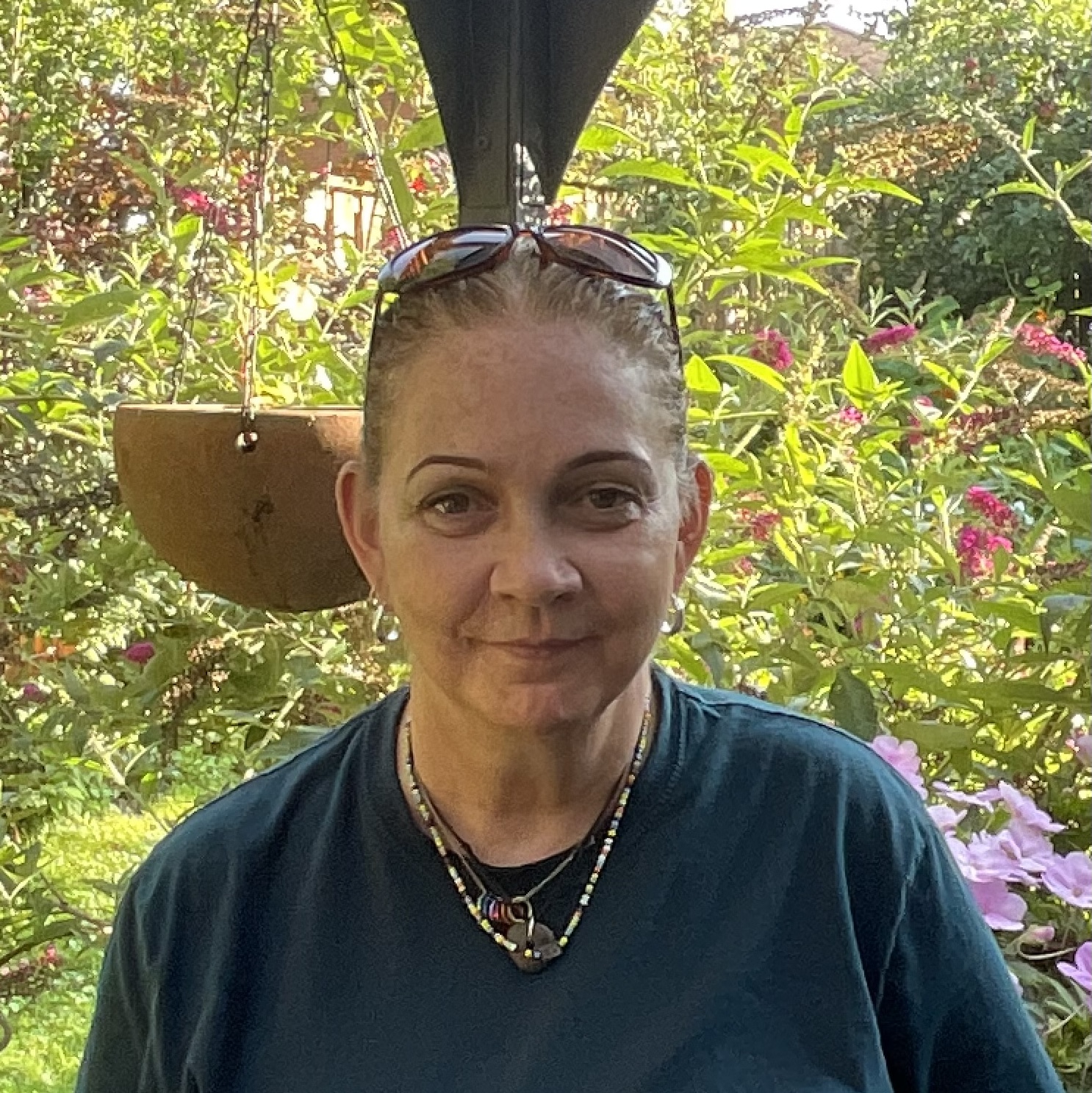
Andrea Bridge
Read Biography
Andrea is a person who lives with dementia. She is a Facilitator Lead for the Hamilton Council on Aging and a DEN Co-Lead to support the development of dementia friendly communities. Andrea has been instrumental in developing 3 dementia empowerment groups in Ontario. Two in Haldimand and one in Hamilton. By profession, Andrea was an RPN. She also holds a BSW degree from Dalhousie University. She is a proud member of the LGBTQ plus community. She has triplets with her partner, Amy. Her plan for the future is to support the development of dementia friendly communities across Canada.
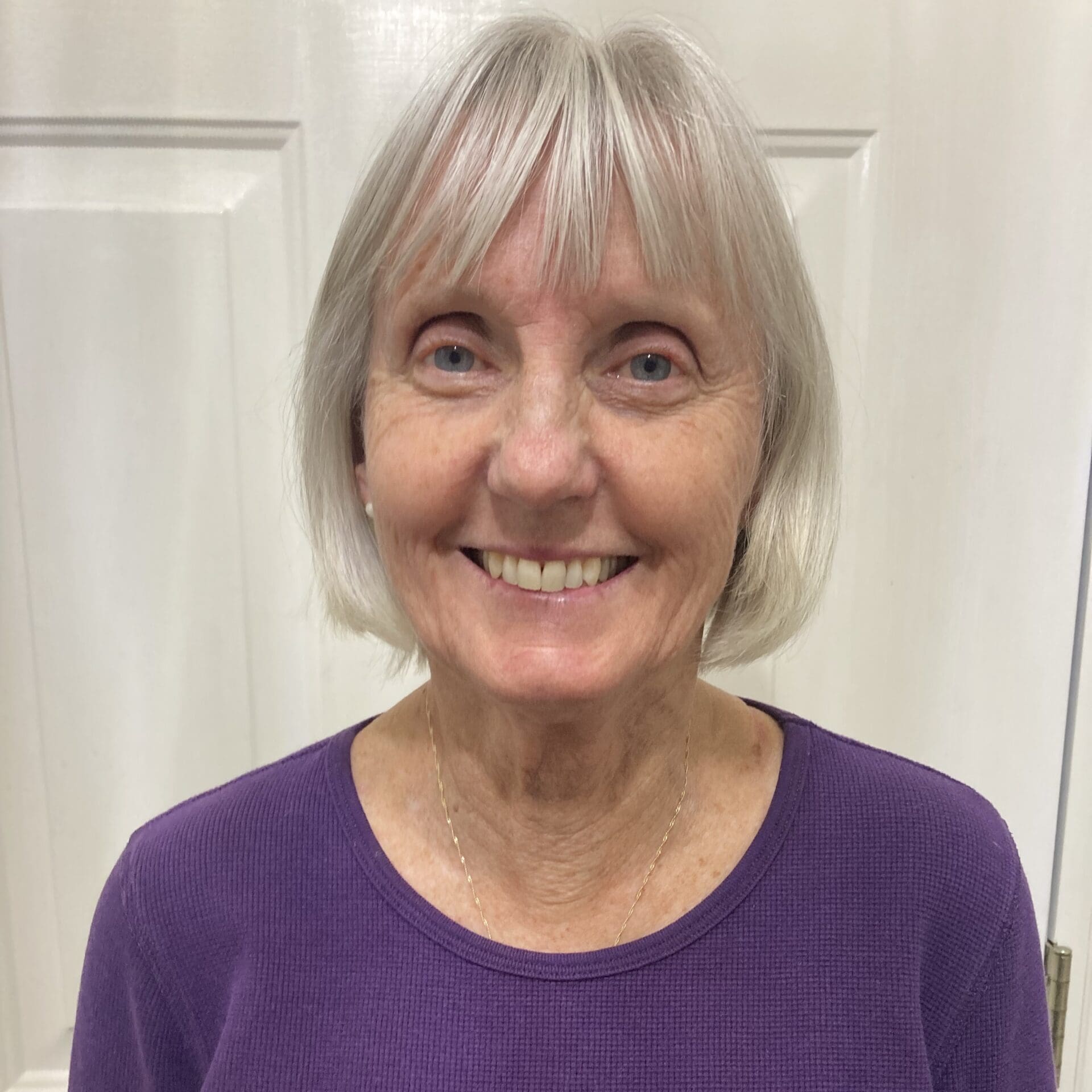
Virginia Bandy
Read Biography
Virginia Lee Bandy is a member of the Bumblebee Memory Group in Caledonia. Ever since she joined the Bumblebees, Virginia has been an avid dementia advocate. She has been a guest speaker and a panel speaker several times on various dementia related events in Ontario. Virginia is a retired Registered Laboratory Technologist (QA specialist). She is a former Lab Quality Manager at Niagara Health and a former member of the assessment team for CALA (Canadian Association for Laboratory Accreditation. Virginia is a mother of 3 and a grandmother of 5. She is an athletic phenom and a two-time Boston Marathon participant. She is also a proud member of the Caledonia Dementia Empowerment Network.
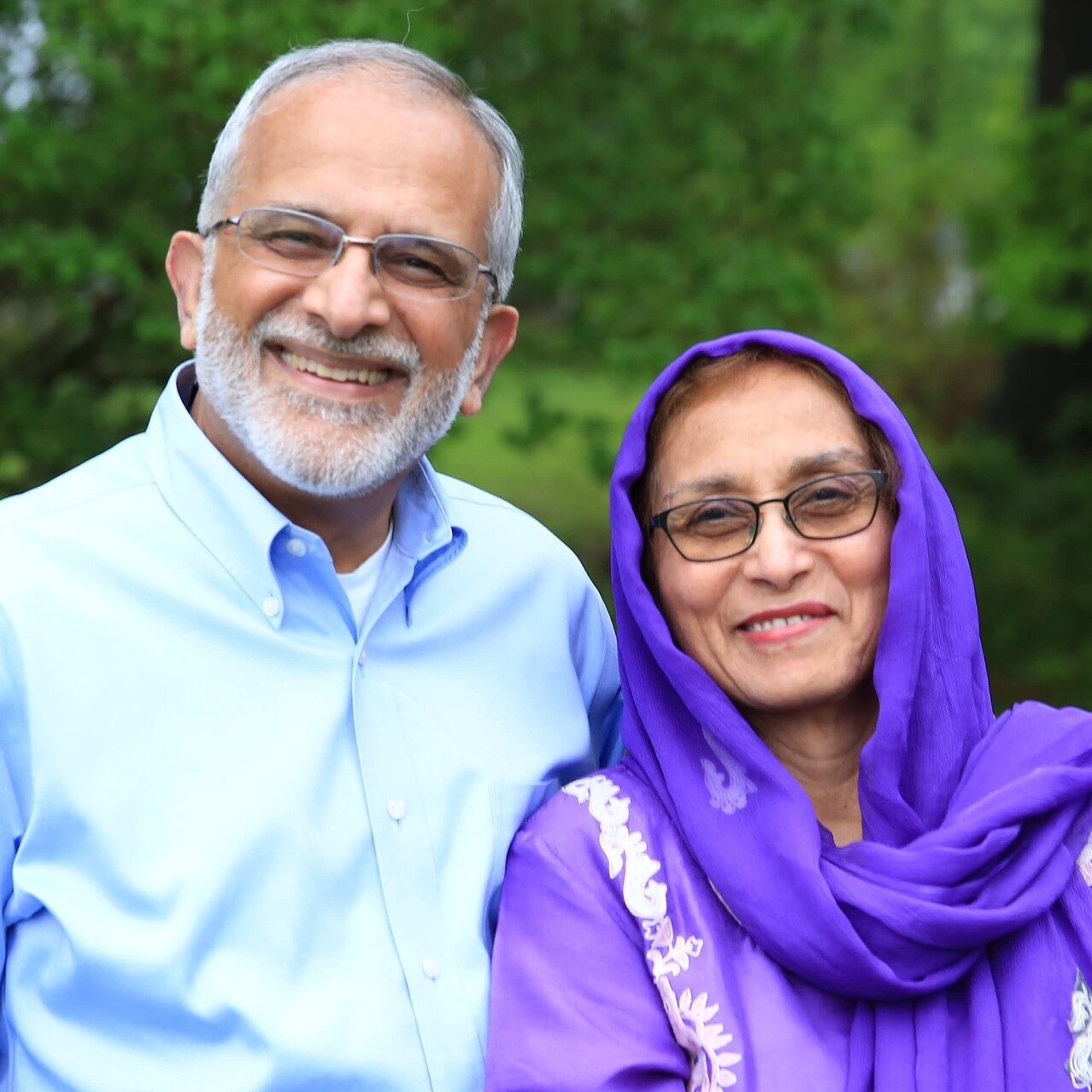
Rubina & Pasha
Read Biography
I live in Milton, surrounded by the warmth of my loving family. My journey with Alzheimer’s disease has been a profound one, marked by both challenges and resilience.
In the years preceding my diagnosis, I noticed a gradual erosion of my memory, a period that tested my strength as I grappled with even the simplest aspects of my daily life. What made this journey even more daunting was the knowledge that Alzheimer’s had touched my own family, with my father and two uncles who faced this challenge.
My symptoms encroached on my short-term memory, my ability to find words, and my capacity to carry out daily tasks, even basic calculations. Tasks, plans, recipes, and recent meals vanished
from my mind. Names, events, and appointments became elusive, making conversations a fragile endeavor, often leading to repetition and moments of disorientation, especially while
driving.
Acknowledging the gravity of these symptoms, I turned to my family physician, who guided me to the Toronto Memory Program. After comprehensive assessments and diagnostic tests,
including a brain MRI, the diagnosis became clear: early-onset Alzheimer's disease. The shock was profound, compounded by the experiences of watching my father and uncle's journey in the later stages of the disease. A period of sadness and denial followed.
With time, I made peace with my diagnosis and committed to maintaining a positive outlook. I resolved to do all in my power to slow the disease’s progress and contribute to Alzheimer’s research. I actively engage in social programs, not only for my benefit but to support others on a similar path. Participating in a clinical drug study program, regardless of the personal outcome, is my way of inching closer to a cure for Alzheimer’s. My hope is that, one day, Alzheimer’s patients will access medications to prevent, delay, or cure this condition.
While I still handle cooking and household tasks, I am blessed with solid support from my husband. I ask for guidance during moments of confusion or frustration without giving up my independence.
Despite the challenges, I find comfort and joy in sewing, walking, and cherishing time with family and friends. Even in moments of uncertainty, my determination drives me to seek solutions and keep moving forward. My message to others facing Alzheimer’s or similar challenges is this: Until our brain is not working, we must do whatever we can. It’s a disease, and we must figure things out and have to go on – do not stop anything. Don’t stop living! If we stop, we are not going to gain anything.' I hope my story can inspire and encourage others to
persevere in the face of adversity.
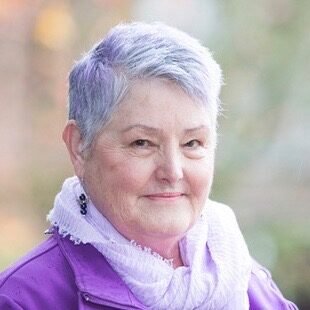
Myrna Norman
Read Biography
My name is Myrna Norman. Coming from Maple Ridge BC, a suburb of Vancouver, my life has taken a significant turn after being diagnosed with Frontal Temporal Dementia in 2009. Currently, my diagnosis is MCD. After being diagnosed with Lewy body and my driver’s license removed by the doctor, and then Alzheimer’s, confusion. A small stroke on a return flight from Ontario could not stop me.
Could I be the only one with all of the difficulties in diagnosing? Could my passion for advocacy have spurred the neurons in my brain to make better connections, who knows. Maybe part of my advocacy is organizing a peer group for those with memory issues in my hometown. Fun events like Christmas in July, experiences with art, quizzes, etc., are part of our get-togethers. Much to do and much to learn and to share; isn’t that what life is all about?
About The Project
The Dementia Empowerment Network (DEN) grew out of the Engagement & Empowerment Groups Project, funded by the Public Health Agency of Canada from 2023–2025. Building on earlier dementia-friendly community work in Hamilton and Haldimand, the project focused on enabling people living with dementia to take an active role in their communities.
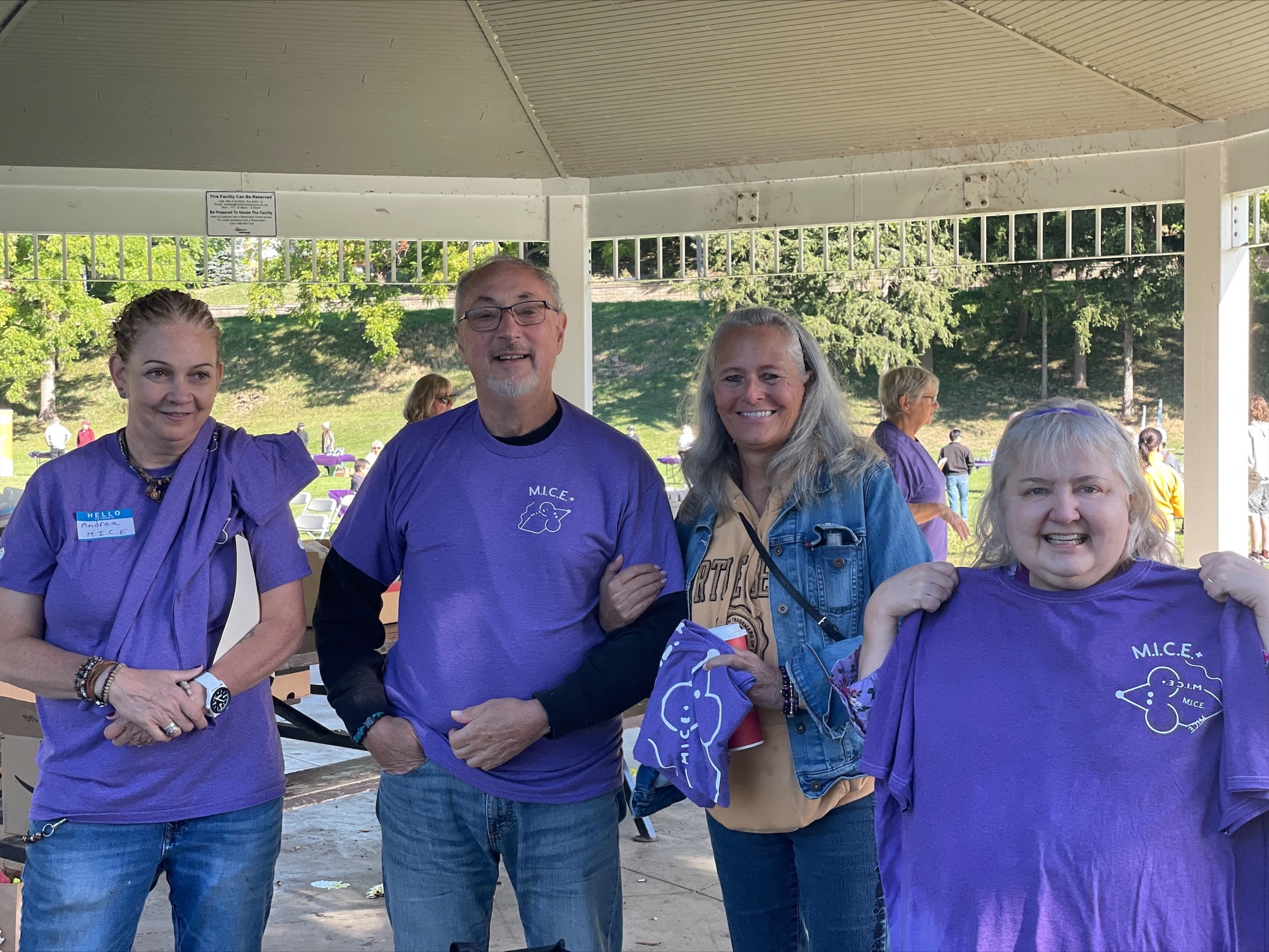
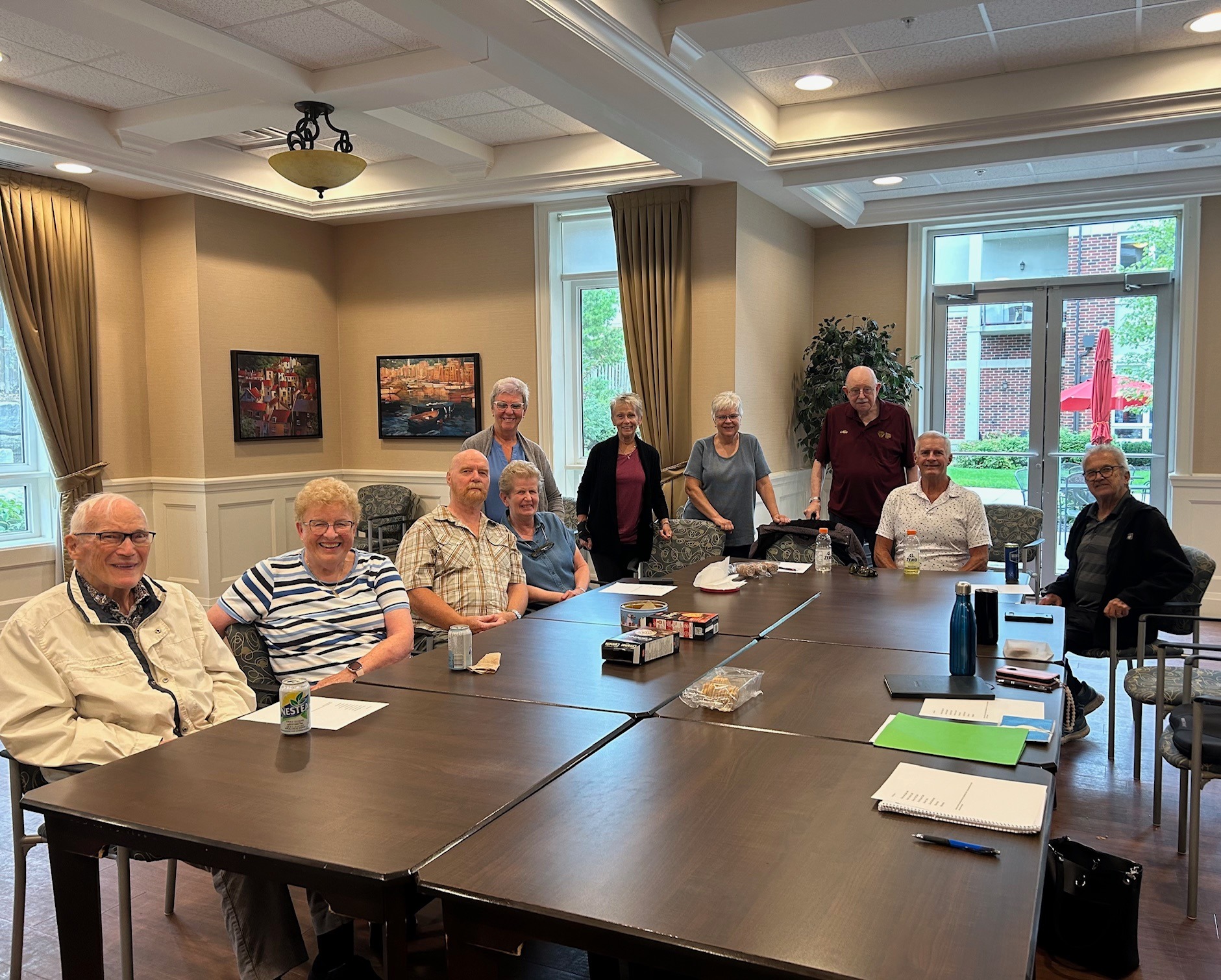
In 2024, the project launched a Seed/Grow Grant program, providing up to $2,500 to groups to help them start up, host events, reach new members, or advocate in their communities. Seven groups were offered this funding, and their grants supported activities such as BBQs, art workshops, showcases, and social events.
Together with partners across Hamilton, Haldimand, Halton, and Six Nations of the Grand River, the Dementia Empowerment Network (DEN) was formally launched in May 2024 to bring this work together under one shared identity and expand it across Canada. Today, the DEN continues to expand into a Canada-wide network, dedicated to supporting individuals living with dementia in creating and leading their own peer groups.
Check out our Impact Report from our 2023-2025 project.
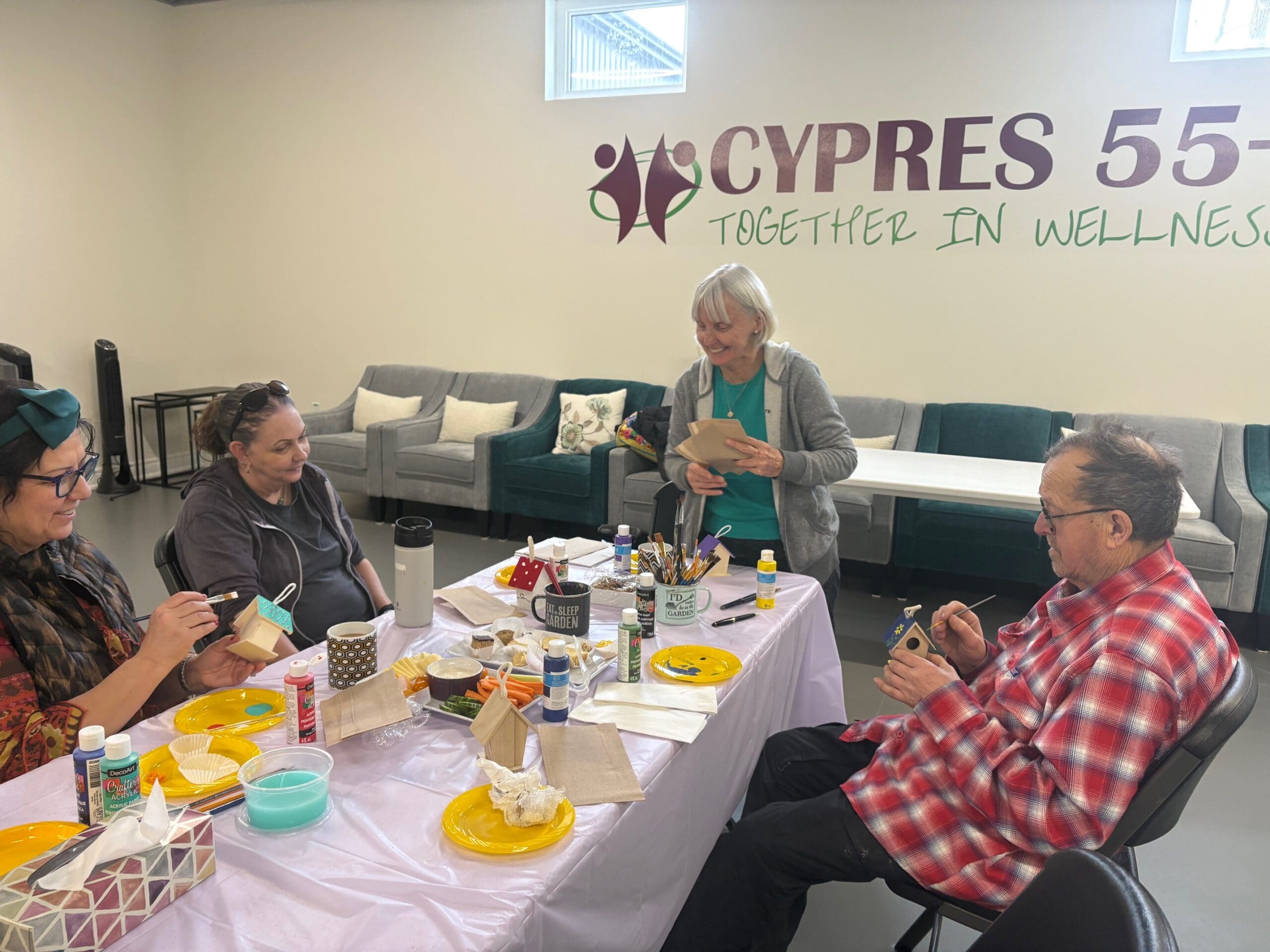
Our Team
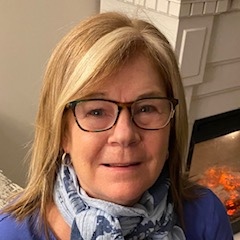
Mary Burnett
HCoA Board Lead
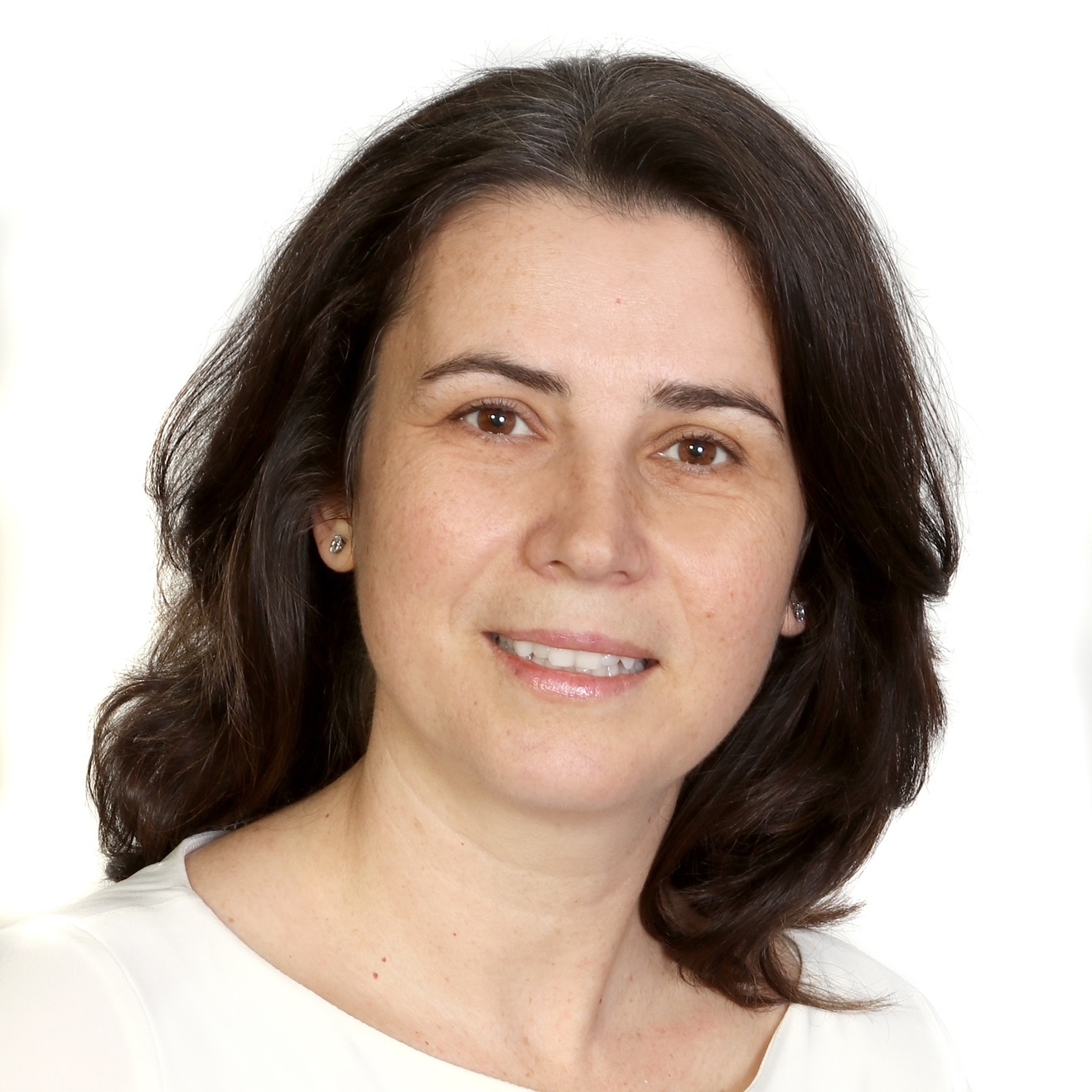
Anita Gombos Hill
Project Co-Lead
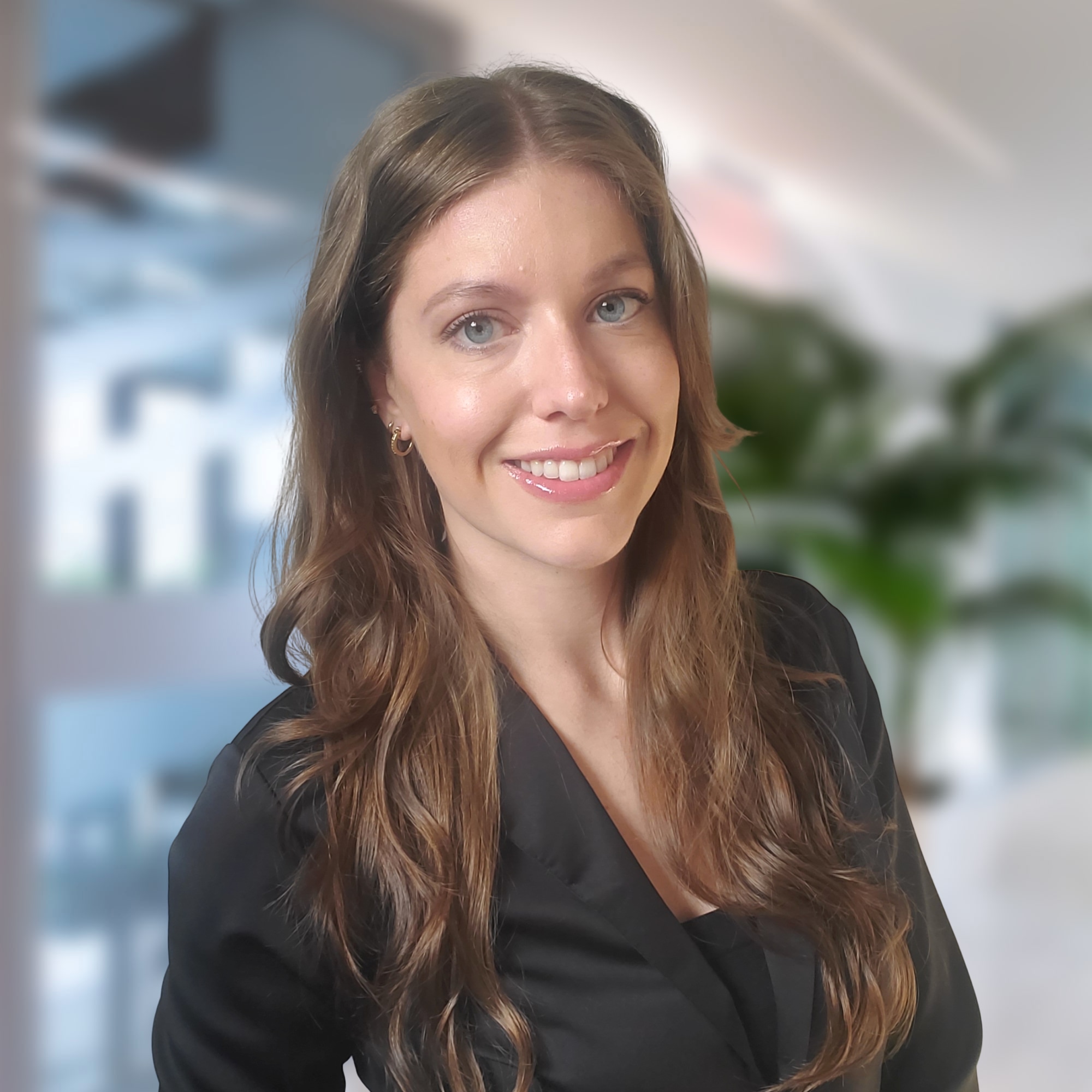
Darian Fournie
Project Co-Lead

Andrea Bridge
Project Ambassador
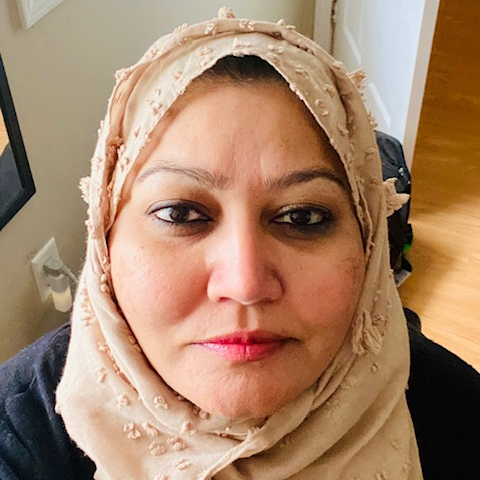
Khush Saiyed
Partner Agency Lead
The Dementia Empowerment Network project is proudly led by the Hamilton Council on Aging, which serves as the primary organizational lead, providing strategic direction, oversight, and coordination to ensure the successful implementation and expansion of engagement and empowerment initiatives across the region.
If you’re interested in hearing more about the project, please contact Darian Fournie at darian@hamiltoncoa.com.
